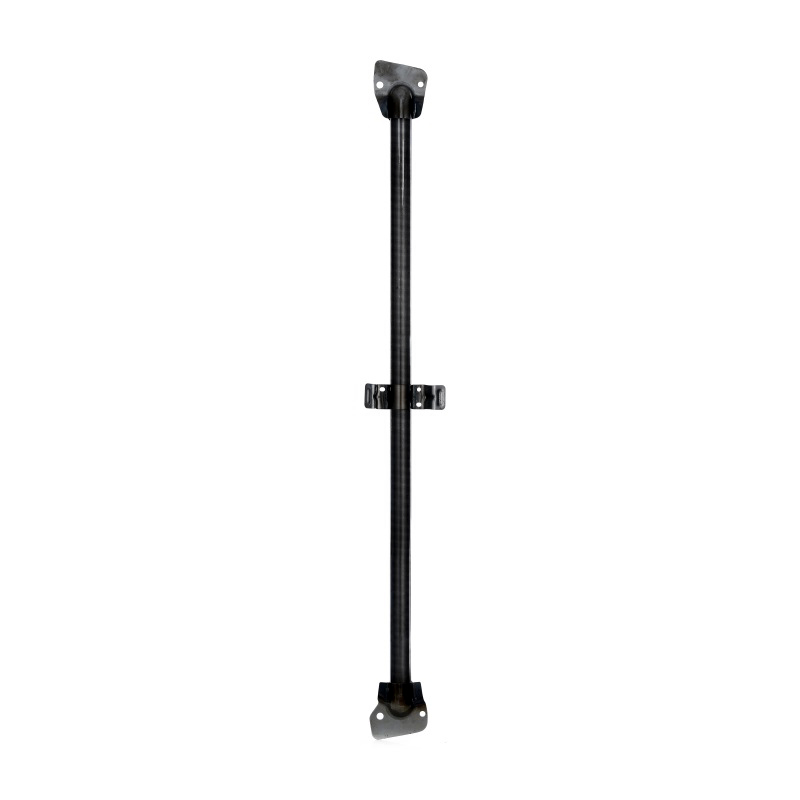Essential Components for Automotive Truck Performance and Durability
Oct . 22, 2024 08:38
The Essential Guide to Automotive Truck Parts
When it comes to the world of heavy-duty vehicles, trucks play a pivotal role in transportation and logistics. They are the lifeline of various industries, from construction to food distribution. However, the efficiency and reliability of trucks depend heavily on their parts. In this article, we’ll explore the essential automotive truck parts, their functions, and the importance of regular maintenance.
Key Components of Truck Parts
1. Engine The heart of any truck, the engine is responsible for converting fuel into mechanical energy. Common types of truck engines include diesel and gasoline. Diesel engines are often preferred for heavy-duty trucks due to their power and fuel efficiency. Regular oil changes and inspections ensure the engine runs smoothly and lasts longer.
2. Transmission The transmission system is critical in ensuring power generated by the engine is effectively transferred to the wheels. Automatic and manual transmissions offer different driving experiences. Regular maintenance, including fluid changes and inspections, can prevent costly repairs down the line.
3. Brakes Truck brakes, including air brakes and disc brakes, provide the necessary stopping power to ensure safety. Regularly checking brake pads, rotors, and fluid levels is vital to maintain braking efficiency. Neglecting these components can lead to dangerous situations on the road.
4. Suspension A truck’s suspension system absorbs shocks from the road and provides a smoother ride. Key parts include springs, shock absorbers, and control arms. Regular checks for wear and tear can improve ride quality and cargo stability, ensuring safer transport of goods.
5. Tires The foundation of any vehicle, truck tires are crucial for traction, handling, and fuel efficiency. Regular tire rotations, alignments, and pressure checks play a significant role in ensuring optimal performance. Pay special attention to tire tread; worn-out tires can lead to accidents and increased fuel consumption.
6. Exhaust System This system channels exhaust gases away from the engine and minimizes emissions. A well-maintained exhaust system helps in better fuel efficiency and compliance with environmental regulations. Regular checks for leaks and blockages are necessary to maintain the system's effectiveness.
7. Electrical System The electrical system powers everything from headlights to onboard computers. Key parts include the alternator, battery, and starter motor. Regular diagnosis of electrical components can prevent breakdowns and ensure all systems function correctly.
automotive truck parts
8. Fuel System This system is responsible for delivering fuel to the engine. Key components include the fuel pump, injectors, and filter. Keeping the fuel system clean and well-maintained is crucial for optimal engine performance and fuel efficiency.
9. Body and Frame The truck’s body and frame provide structural integrity and protection for both the cargo and the driver. Regular inspections for rust, dents, and structural issues can prevent accidents and ensure safety.
Importance of Regular Maintenance
Maintaining automotive truck parts is not just about keeping the vehicle running; it's about safety, efficiency, and longevity. Regular maintenance can prevent costly breakdowns, improve fuel efficiency, and extend the lifespan of the truck.
1. Cost Savings Routine check-ups and timely repairs can save truck owners significant amounts of money. By addressing minor issues before they escalate into major problems, owners can avoid expensive repairs and downtime.
2. Safety A well-maintained truck is safer for drivers, passengers, and other road users. Regular inspections of crucial components like brakes and tires help ensure that the truck operates safely under various conditions.
3. Regulatory Compliance Many regions have regulations concerning commercial vehicles, including regular inspections and maintenance logs. Keeping the truck in good condition helps meet these requirements, avoiding fines and legal issues.
4. Optimized Performance Regular maintenance ensures that all truck parts work in harmony, leading to improved performance. This results in better fuel economy, enhanced safety features, and a smoother ride.
Conclusion
In conclusion, understanding the essential automotive truck parts and the importance of regular maintenance can significantly impact a truck's performance, safety, and longevity. By prioritizing maintenance, truck owners can ensure their vehicles operate efficiently and reliably while minimizing costs and risks. Whether you are a fleet manager or an independent owner-operator, investing time and resources into maintaining your truck is an investment in your business's success. Remember, a well-cared-for truck is not just a mode of transport; it’s a vital part of your operational success.
 Afrikaans
Afrikaans  Albanian
Albanian  Amharic
Amharic  Arabic
Arabic  Armenian
Armenian  Azerbaijani
Azerbaijani  Basque
Basque  Belarusian
Belarusian  Bengali
Bengali  Bosnian
Bosnian  Bulgarian
Bulgarian  Catalan
Catalan  Cebuano
Cebuano  Corsican
Corsican  Croatian
Croatian  Czech
Czech  Danish
Danish  Dutch
Dutch  English
English  Esperanto
Esperanto  Estonian
Estonian  Finnish
Finnish  French
French  Frisian
Frisian  Galician
Galician  Georgian
Georgian  German
German  Greek
Greek  Gujarati
Gujarati  Haitian Creole
Haitian Creole  hausa
hausa  hawaiian
hawaiian  Hebrew
Hebrew  Hindi
Hindi  Miao
Miao  Hungarian
Hungarian  Icelandic
Icelandic  igbo
igbo  Indonesian
Indonesian  irish
irish  Italian
Italian  Japanese
Japanese  Javanese
Javanese  Kannada
Kannada  kazakh
kazakh  Khmer
Khmer  Rwandese
Rwandese  Korean
Korean  Kurdish
Kurdish  Kyrgyz
Kyrgyz  Lao
Lao  Latin
Latin  Latvian
Latvian  Lithuanian
Lithuanian  Luxembourgish
Luxembourgish  Macedonian
Macedonian  Malgashi
Malgashi  Malay
Malay  Malayalam
Malayalam  Maltese
Maltese  Maori
Maori  Marathi
Marathi  Mongolian
Mongolian  Myanmar
Myanmar  Nepali
Nepali  Norwegian
Norwegian  Norwegian
Norwegian  Occitan
Occitan  Pashto
Pashto  Persian
Persian  Polish
Polish  Portuguese
Portuguese  Punjabi
Punjabi  Romanian
Romanian  Samoan
Samoan  Scottish Gaelic
Scottish Gaelic  Serbian
Serbian  Sesotho
Sesotho  Shona
Shona  Sindhi
Sindhi  Sinhala
Sinhala  Slovak
Slovak  Slovenian
Slovenian  Somali
Somali  Spanish
Spanish  Sundanese
Sundanese  Swahili
Swahili  Swedish
Swedish  Tagalog
Tagalog  Tajik
Tajik  Tamil
Tamil  Tatar
Tatar  Telugu
Telugu  Thai
Thai  Turkish
Turkish  Turkmen
Turkmen  Ukrainian
Ukrainian  Urdu
Urdu  Uighur
Uighur  Uzbek
Uzbek  Vietnamese
Vietnamese  Welsh
Welsh  Bantu
Bantu  Yiddish
Yiddish  Yoruba
Yoruba  Zulu
Zulu 












